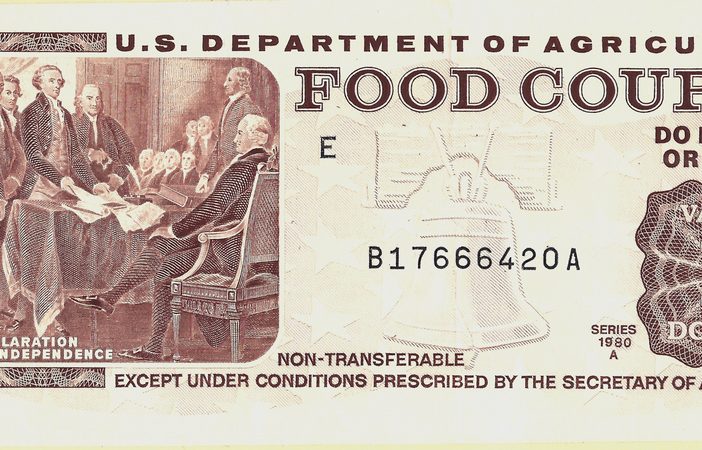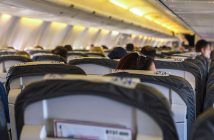A new study is reporting sharp declines in public benefit usage by noncitizen households — even before new public charge rules were finalized last year.
The Migration Policy Institute (MPI) found “dramatic” enrollment drops in Temporary Assistance for Needy Families (TANF), the Supplemental Nutrition Assistance Program (SNAP, or food stamps) and Medicaid (including Children’s Health Insurance Program, CHIP, or similar public health coverage).
Noncitizens on TANF fell from 490,000 in 2016 to 311,000 in 2019, a 37 percent decline. SNAP enrollment also dropped 37 percent – from 3,390,000 to 2,138,000. CHIP was down 20 percent – from 3,061,000 to 2,437,000.
Participation fell for all groups — citizen and noncitizen alike — as economic conditions improved. But use by noncitizen households declined at double, or more, the rate of households led by U.S. citizens. “The much steeper decline among noncitizens and their children suggests that the public-charge rule and other administration policies substantially chilled participation,” MPI concluded.
It’s worth noting that MPI’s statistics were recorded before COVID hit, and before the administration’s public-charge rules were made final on Feb. 24, 2020. MPI does not address the coronavirus effect, but theorized that benefit-seeking legal immigrants knew new rules were coming, and backed away.
“[The] intent to revise long-standing public-charge criteria was featured widely in the media and public conversations beginning in early 2017, through the lengthy rulemaking process in 2018 and 2019, and during the extensive legal challenges that followed,” the pro-immigration policy institute noted.
MPI called public-charge reform “one of [the administration’s]most significant immigration policy changes.” Yet the U.S. Citizenship and Immigration Services (USCIS) points out that it was consistent with long-standing policy.
“Self-sufficiency has long been a basic principle of U.S. immigration law since our nation’s earliest immigration statutes. Since the 1800s, Congress has put into statute that aliens are inadmissible to the United States if they are unable to care for themselves without becoming public charges. Since 1996, federal laws have stated that aliens generally must be self-sufficient.”
Last month, the Ninth Circuit Court of Appeal upheld rules barring entry to immigrants without health insurance or the means to pay for hospital bills. And taking the next logical step, the administration has sought to ensure that U.S. citizens who sponsor foreign nationals have the financial ability to assist as needed.
So far, so good. But now the incoming Biden administration reportedly intends to dilute public-charge rules. Though that reversal may also take time, look for the benefits queue to begin rebuilding soon – if it hasn’t already.




